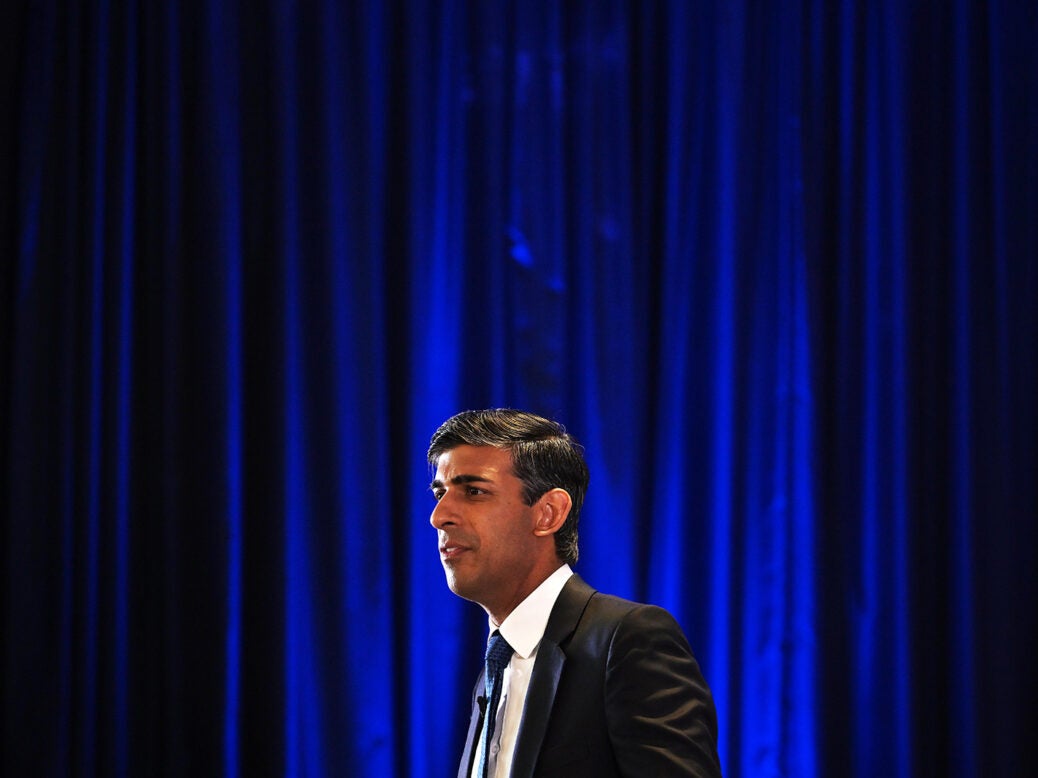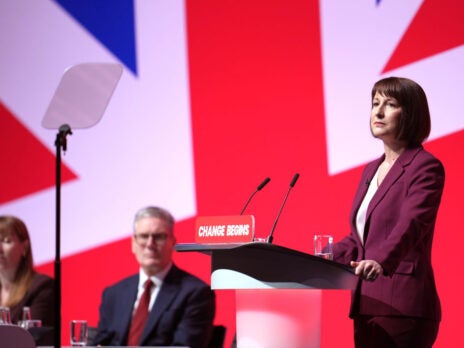
The Autumn Statement offered that rare thing: policies that might get the median Briton’s tacit approval. Few are likely to oppose tax cuts during a cost-of-living crisis. And I suspect Jeremy Hunt’s speech will get plurality support from voters if, indeed, it is noticed by them.
But will it change the fundamentals? Will it shift the debate, move the dial? That’s the more important question right now. The mood music may have somewhat improved for the Conservatives since Hunt’s rabbit-pulling dramatics but if this doesn’t last longer than a few weeks then it counts for nothing.
Rishi Sunak’s April campaign on “stopping the boats” saw the Tories enjoy minor benefits in April but not in May. The Windsor Framework on Northern Ireland earned Sunak an immediate bounce in his personal approvals but this lasted a mere week. This has been a recurring theme for the government of the day. Everything it has tried has done little to change what is of greatest importance to voters: relief from a rising cost of living. Tax cuts might be seen as a potential exception. The 2p cut in National Insurance will take effect from January and will be worth £450 a year to the average earner. But unless the benefits are truly felt by voters there may be little electoral award. And the danger for the government, as the Resolution Foundation has noted today, is that this parliament is still set to be the worst for living standards on record (with a 3.1 per cent fall in real household disposable income). Taxes, meanwhile, will have risen by 4.5 per cent of GDP by the time of the next election – the equivalent of £4,300 per household.
If there were ever an election in which a party could confidently wheel out the “Reagan Question” – “are you better off now than you were four years ago?” – the next one is it. The government will be seeking to save its own skin as household incomes are continually squeezed. The median Briton will have less to play with than they did in 2015-17, key election years in which voters allowed themselves to focus on issues other than the cost of living, such as immigration or Brexit..
Labour currently leads the Conservatives by 10 points on the economy. This is a statistic at odds with where the polls were in 2015 or 1992 whe the opposition was ahead on voting intention but not on the economy and consequently went on to disappoint. When a government is behind on the economy – a proxy for overall competence – this almost always guarantees defeat. A smattering tax cuts won’t easily revive confidence in the Tories’ economic management.
This is the sort of budget written with an election in mind. But a budget for an election to be held next week. Not next year. Not January 2025. Because by next autumn, few will remember any of Hunt’s measures – because fewer still will be feeling their benefits.


